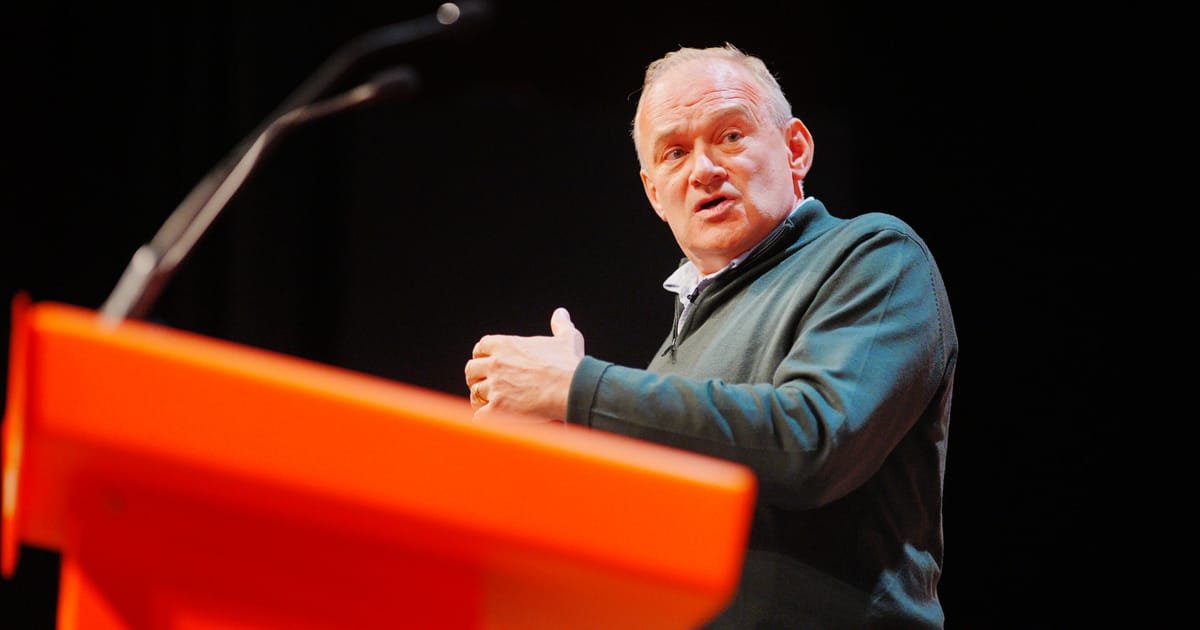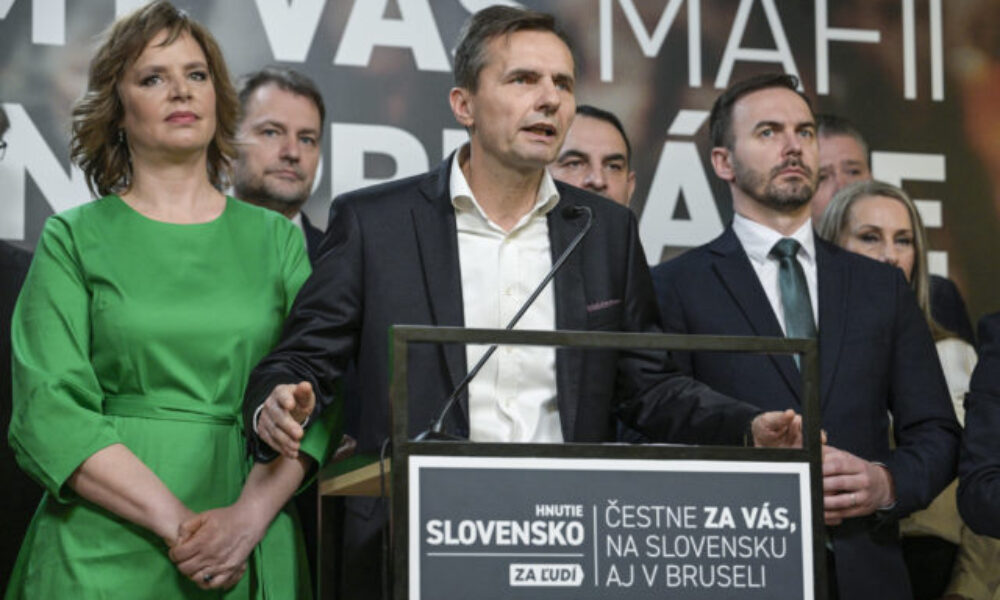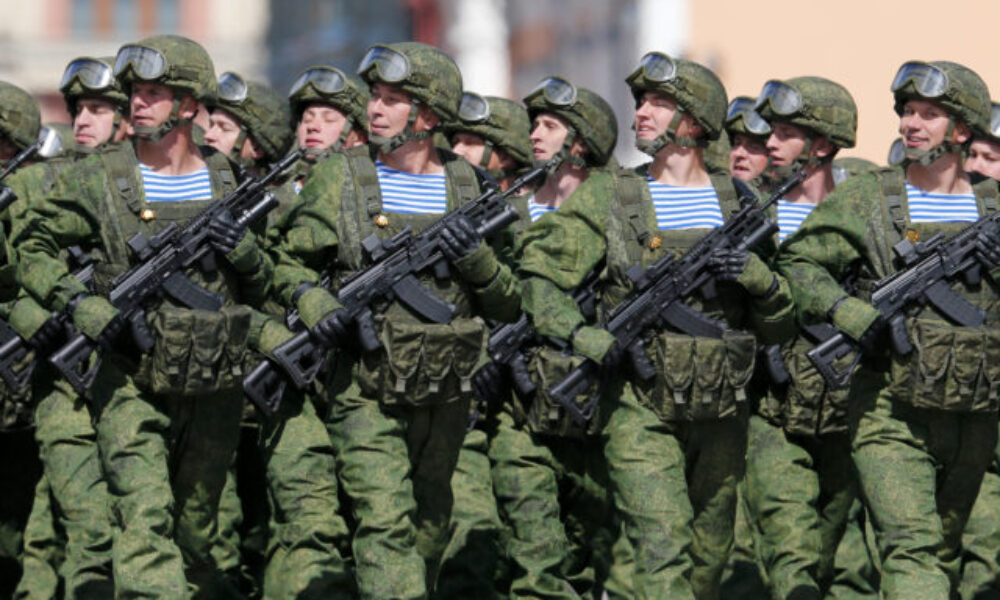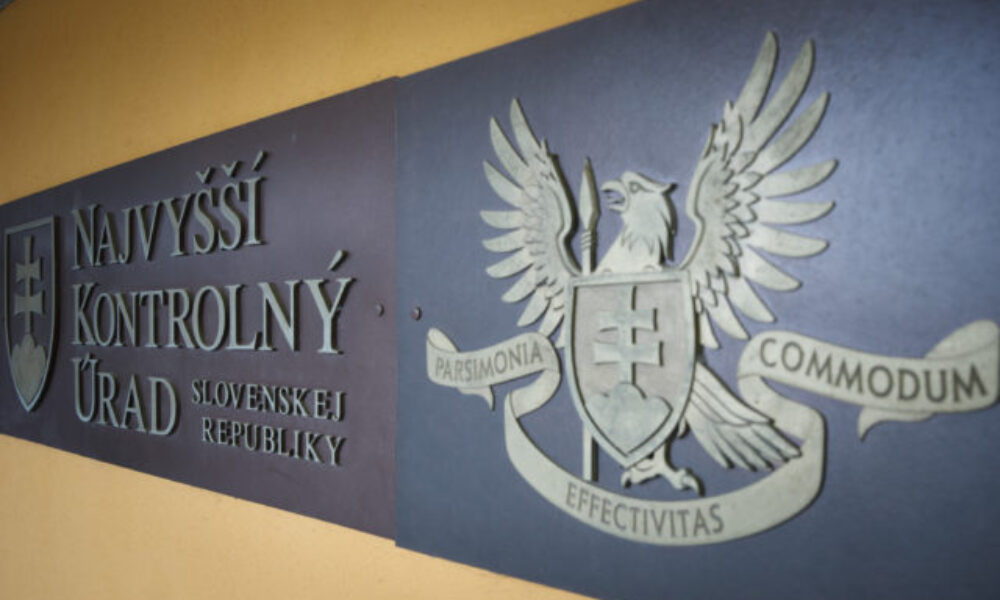
“I think we see it as part of our moral duty to stop Farage and stop Reform,” said the first senior Lib Dem MP, while a second said: “A huge number of activists here, and people who are joining us, are doing so precisely because they think Farage’s brand of populism is something they want to stand up against.”
The narrowing of the poll gap between Labour, the Conservatives, Lib Dems and the Greens — who are now separated by as little as seven points — is prompting a rethink on where the party should direct its election resources.
The party is now targeting not only the seats in which it finished second in 2024, but also those where it finished third. The same senior Lib Dem strategist quoted above said that polling now sees the threshold to win a seat drop from 40 to 45 percent of the vote, to only 30 to 35 percent.
The same senior Lib Dem MP added: “It looks like we are moving away from a two-party system, and that a number of different constituencies could be a four- or five-way split. It’s entirely possible that at the next general election, you could have a situation where people are almost winning by accident, by a few votes here and there, based on turnout or one random issue in a particular constituency that doesn’t impact the neighboring one.”
This has prompted questions for Davey about who he might be willing to go into coalition with. He has not ruled a coalition out.
Luke Tryl, U.K. director of the think tank More in Common, said: “You get the feeling that in this era of politics the chips could land anywhere,” but added: “I think a Lib-Lab coalition at the next election is an underpriced outcome.”










